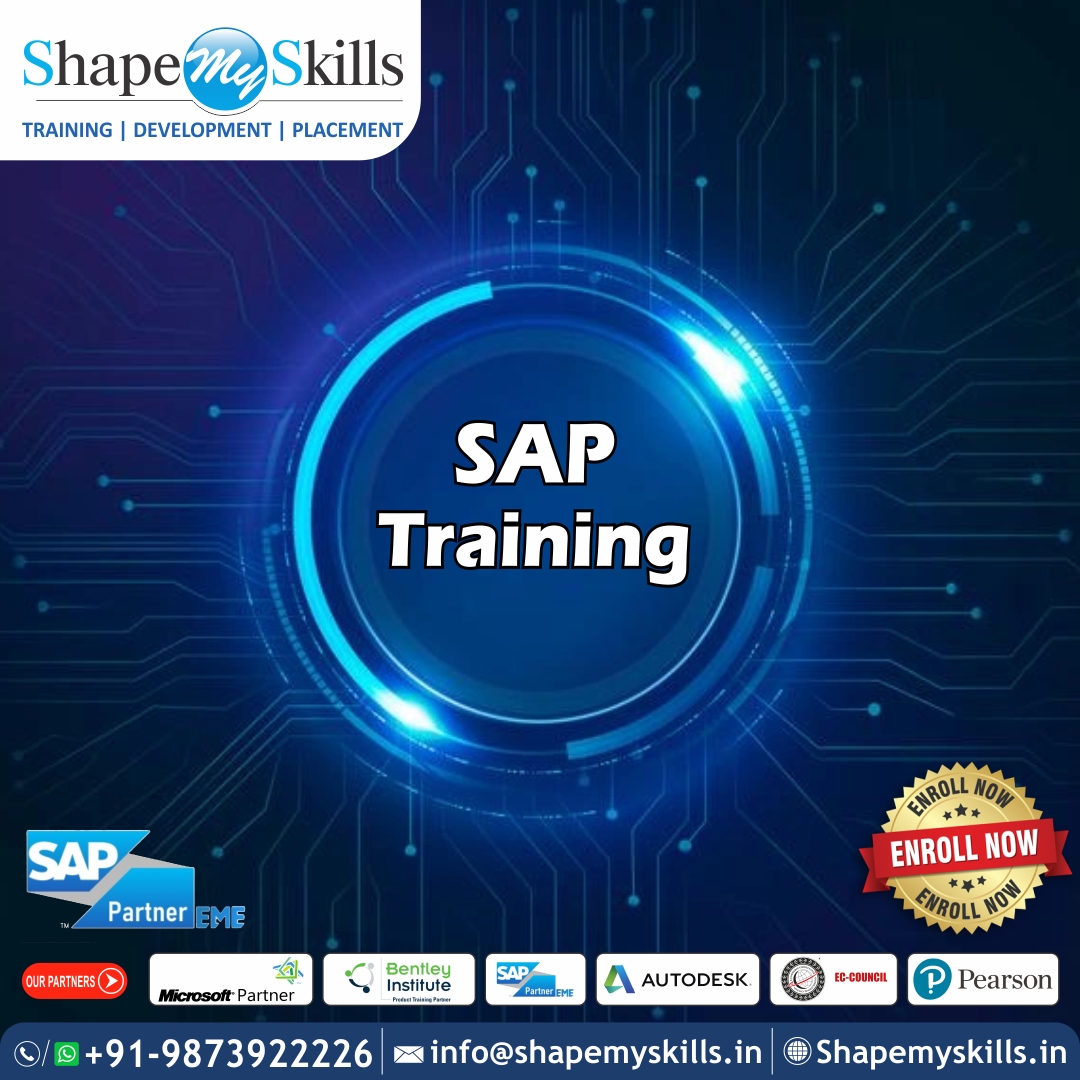Among the many SAP ERP modules, SAP Sales and Distribution oversees everything from shipping goods and services to invoicing, sales, and transportation. From the time an offer is made for an order to the time a service or product is billed, the SAP SD module is an integral part of SAP Logistics. You’ll find this module closely linked to modules such as SAP Material Management and Plant Maintenance, as well as Quality Management and Production Planning.
SAP Sales and Distribution takes care of all the little details during the sales and distribution phase. It’s common for SD to produce a sales quote, which the customer accepts and places an order for; the products are then procured from a warehouse and shipped to the customer. Customers are invoiced for their orders and outstanding accounts receivable. Transactions in the SD module feed into other ECC modules as each step is performed.
Supporting the following business processes is a primary goal of SAP SD.
• Data from the Customer and Material Master records
• Orders Placed in the Market
• Deliveries
• Pricing
• Billing
• Credit Control
Pricing, sales orders, and invoices are all aspects of the logistics module that SAP ERP SD addresses. Material Management and Production Planning work hand in hand with it. Using this tool, businesses can keep an eye on open orders and other forecasts, as well as their sales prices.
Take a closer look at the SAP SD modules.
A key component of SAP R/3 services is the sales and distribution (SD) module. The following is a list of the modules that make up this one, referred to as sub-modules.
All transactions are recorded in SAP SD’s Master Data (SD-MD) for each user. There are records for both customers and materials in the SD master data and price conditions and credit management records. This includes the processes of order and cash.
An efficient sales and distribution process is achieved by configuring SAP SD: SAP-SD-BF (Basic Functions). Amount, end-result, and so on are examples of primary functions. The listed pricing applies to a specific sale in each case, and the output is derived from that sale.
SLS (SAP SD Sales): SLS (SAP SD Sales) manages all of the fine details of each sale. Using this module, you can keep track of everything from product details to customer feedback and sales.
In the context of SAP-SD-SHP (Shipping), sales and delivery are closely linked. Any product should be shipped and delivered to the customer in the most efficient manner possible. This module keeps track of every product used during each delivery method. This module keeps track of everything, from shipping to delivery to return.
A key component of SAP-SD-TBA (Transportation) is freight. This module keeps track of all the shipping information for each product, no matter what transportation model it uses.
It helps a department manage data related to foreign sales, including imported and transported goods, by using the SAP-SD-FTT (Foreign Trade). This module is ideal for companies that conduct cross-border marketing.
Billing is an essential part of any transaction. Customers can choose to pay online or cash when their order is delivered. This module is responsible for keeping track of all billing information.
All customers’ interactions with the sales team are handled by SAP-SD-CAS (Sales Support). This module records and reports every bit of data exchanged while providing product support between the sales team and customers.
From where to Learn –
You should do SAP SD Online Training from any reputable institute. ShapeMySkills Pvt Ltd is the best-known institute for providing excellent knowledge to students.
This SAP SD training institute in Delhi provides SAP SD Training for an affordable fee to those who want to pursue a career in the field. Those who are SAP-trained are in high demand by companies implementing SAP systems.
Candidates can choose between technical and functional roles after the training. You can also do SAP SD training in Noida from its other branch. The Consultant is the job to analyze and implement system solutions for complex business processes.
Classifying and evaluating customer requirements is also their responsibility. To meet requirements, identify system problems, develop solutions, and prepare functional specification improvements, an SAP SD Consultant works closely with the company’s subject matter experts (SMEs) and other associated teams to establish communication.
